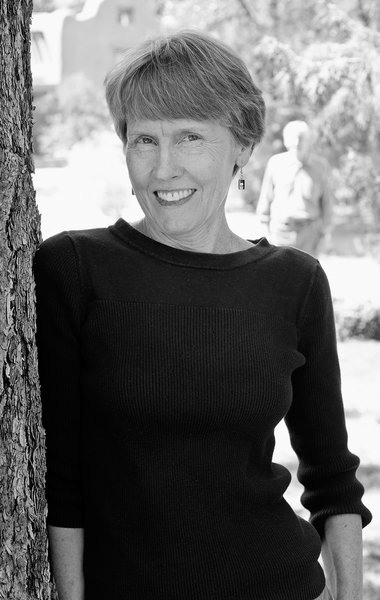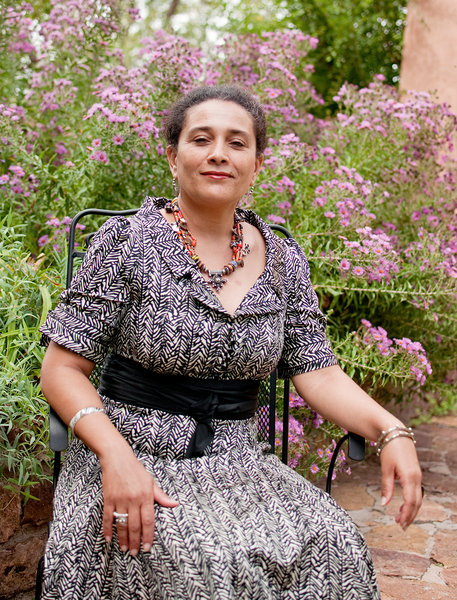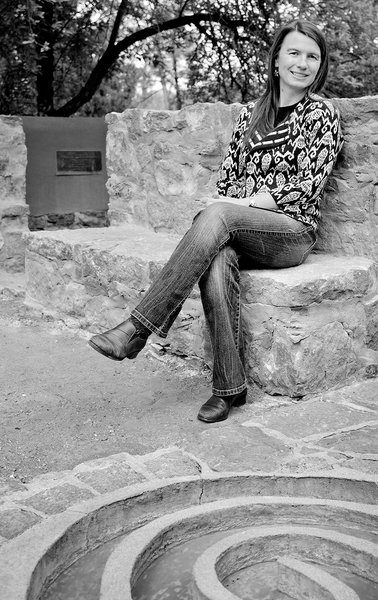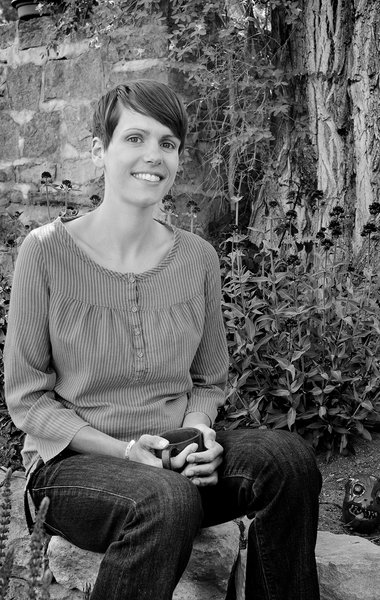
Catherine M. Cameron
Weatherhead Resident Scholar
Despite the fact that what Catherine Cameron calls “the long, sad tradition of captive-taking” has been practiced in societies of all social levels around the world throughout much of history and prehistory, few archaeological studies have explored the role of captives in culture change, especially in non-state societies. “Captives, who were mostly women and children, may have profoundly influenced developments in language, social organization, ideology, and technology,” said Cameron. Her book is the first to examine in detail the contributions of this surprisingly ubiquitous category of social person in the past.

Doug Kiel
Katrin H. Lamon Resident Scholar
Kiel weaves together three approaches to American Indian history. First, he traces the eras of federal-Indian relations (including the Indian New Deal, Termination and Relocation, Red Power, and Self-Determination) through one tribe’s confrontations with these political developments. Second, he uses extensive oral histories and first-person narratives to place the Oneida people at the center of the story and to show how federal policies shaped people’s daily lives. And third, Kiel analyzes Oneida Nation government records, offering a unique opportunity to see how a tribe governs itself internally.

Jamila Bargach
Campbell Resident Scholar
In 2009, when Jamila Bargach first visited the fog-harvesting project of the Dar Si Hmad organization and the University of La Laguna, Tenerife, Gran Canaria in the Aït Baamrane region on the Southern Atlantic coast of Morocco, more than four years of operation had yielded encouraging results. By capturing the frequent natural fog of the mountainous coastal area in precisely-placed nets, the project’s research team had determined that the system could provide substantial amounts of water for villages in the drought-stricken region.

Melissa K. Nelson
Anne Ray Resident Scholar
In 2000, when Melissa Nelson began working with the Southern Paiute people to preserve and document their sacred Salt Songs, “there were very few singers left who knew the whole song cycle,” she recalled. Only about five elders remained who knew the ancient cycle of approximately 142 songs that describe the thousand-mile journey of the Salt Song Trail, a path that moves through California, Utah, Arizona, and Nevada where the thirteen bands of the Southern Paiute people live. In her book, Nelson is developing her perspective that the Salt Song Trail Project is a modern tribal revitalization movement, in which indigenous peoples not only return from the brink of genocide and extinction, but also bring their culture back to life in new and unexpected ways.

Sarah K. Croucher
Weatherhead Resident Scholar
On nineteenth-century Zanzibar off the coast of East Africa, enslaved Africans, Omani immigrants, their wives and concubines, other Indian Ocean immigrants, and the indigenous Swahili population all lived side by side. The new cash crop of the clove tree was grown in large plantations run by Omani merchants, with the agricultural labor carried out entirely by enslaved labor. Although much is known of the period’s political and economic history, few social studies of this era have been attempted until now. Sarah Croucher’s sweeping monograph, based on her archaeological fieldwork in the clove plantations of Zanzibar and in Tanzania, “narrates the history of those who lived on these plantations, to understand their place in local African history, and in wider entanglements of Indian Ocean colonialism and global capitalism.”